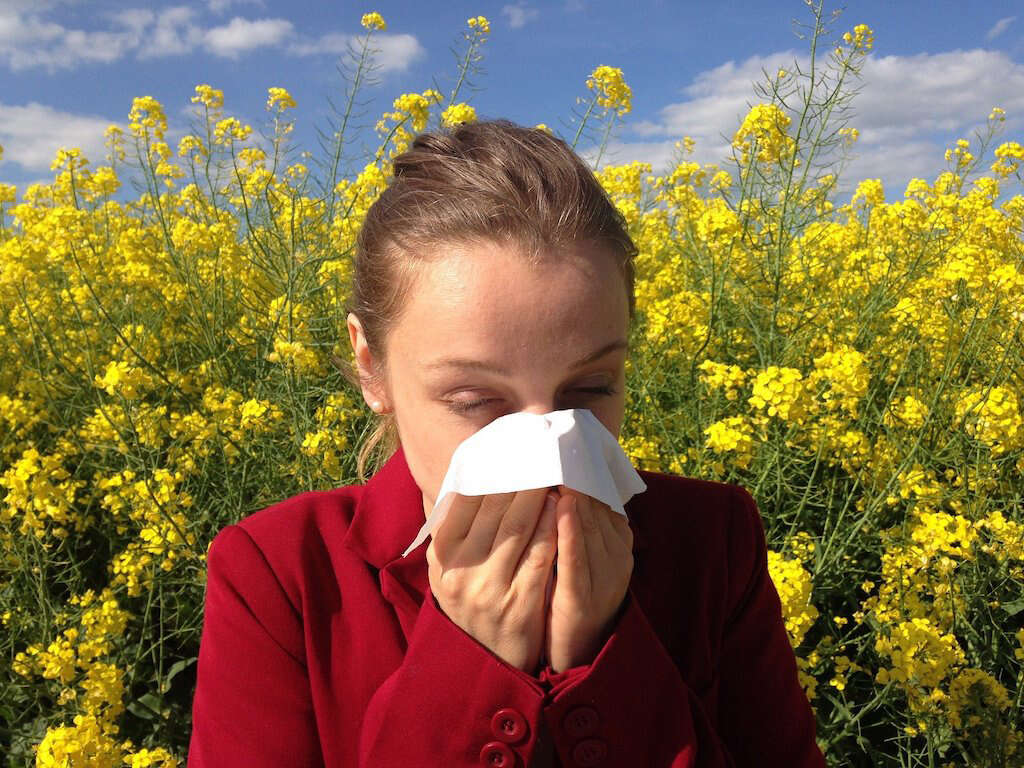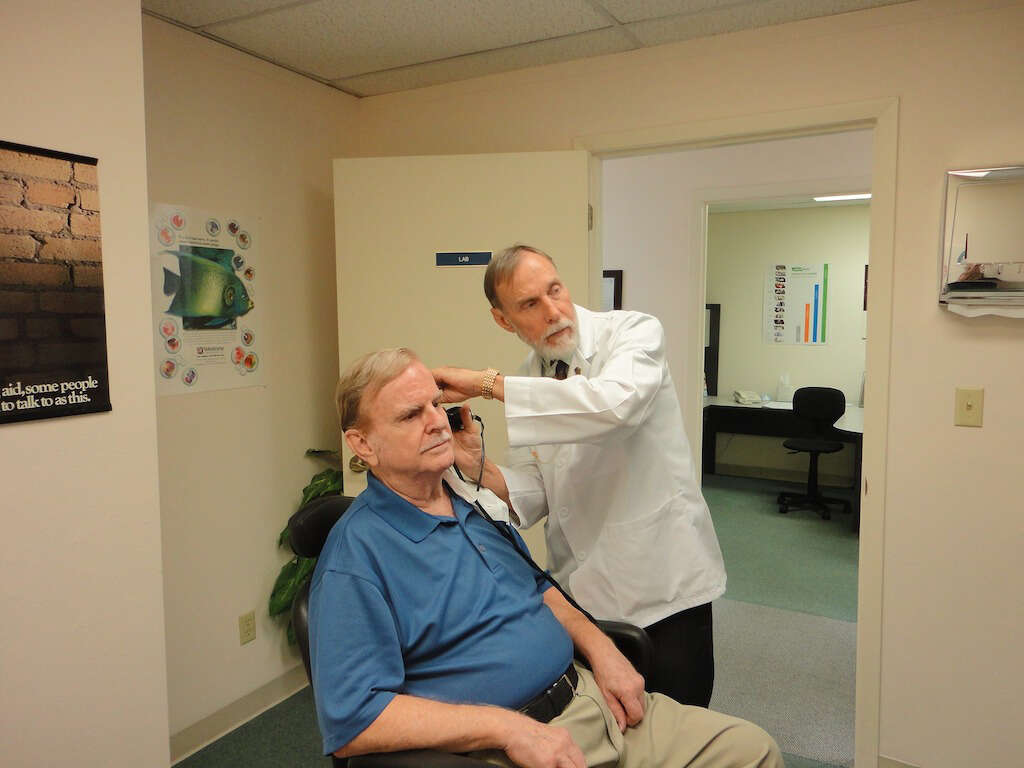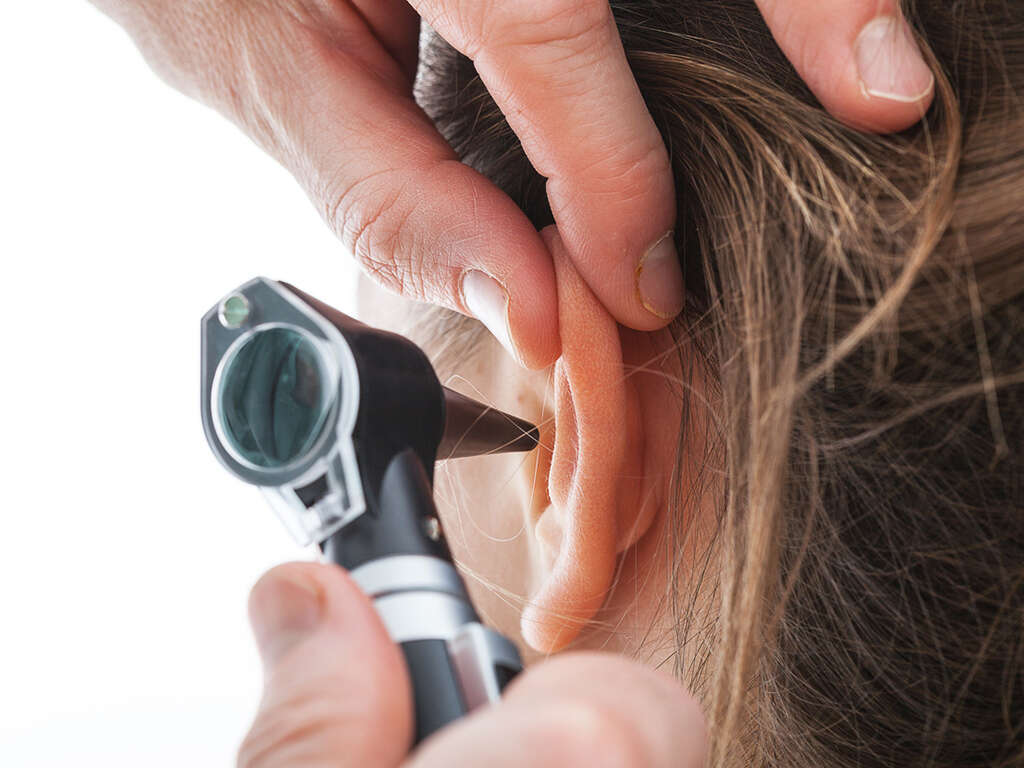What Is Exploding Head Syndrome?
 Article Sources
Article Sources
- 1. 'Exploding Head Syndrome.' Isra Khan. www.ncbi.nlm.nih.gov/books/NBK560817/
- 2. 'Exploding Head Syndrome with Co-morbid Sleep Apnea.' Akbar Ali; Afroza Aftab; Arzoo Ajaz. ncbi.nlm.nih.gov/pmc/articles/PMC5397088/
- 3. 'Associations Between Exploding Head Syndrome and Measures Of Sleep Quality and Experiences, Dissociation, and Well-being.' Dan Denis; Giulia Poerio; Sarah Derveeuw; Isabella Badini; Alice Gregory. academic.oup.com/sleep/article/42/2/zsy216/5245405
- 4. 'Exploding Head Syndrome: Six New Cases and Review Of the Literature.' Achim Frese; Oliver Summ; Stefan Evers. journals.sagepub.com/doi/abs/10.1177/0333102414536059?rfr/dat=cr/pub%3Dpubmed&url/ver=Z39.88-2003&rfr/id=ori%3Arid%3Acrossref.org&journalCode=cepa&
- 5. 'Exploding Head Syndrome Is Common in College Students.' Sharpless BA. pubmed.ncbi.nlm.nih.gov/25773787/
- 6. 'Polysomnography: Medlineplus Medical Encyclopedia.' medlineplus.gov/ency/article/003932.htm
- 7. 'Exploding Head Syndrome: Polysomnographic Recordings and Therapeutic Suggestions.' Charlotte Sachs; Eva Svanborg. academic.oup.com/sleep/article/14/3/263/2742828
2. Accompanying Symptoms
The loud sounds and explosions heard during episodes of exploding head syndrome cause people to be jolted awake and into full consciousness very suddenly. With this shock to the system comes additional symptoms, such as an elevated heart rate, sweating, shortness of breath and a sense of fear or anxiety.
Some attacks are also accompanied by involuntary muscle twitches or flashes of bright light while others can lead to headaches or mild memory impairment.
Advertisement











